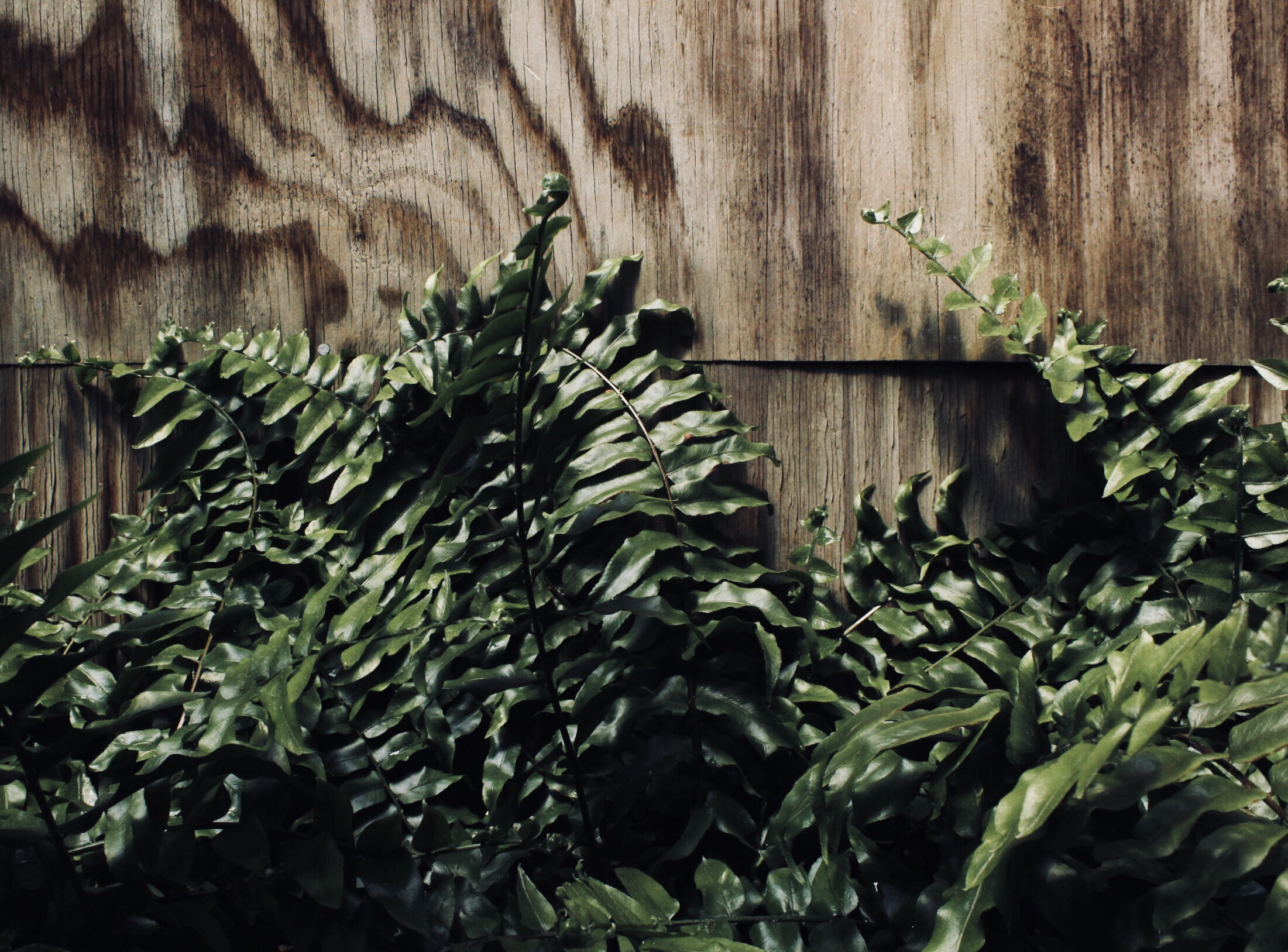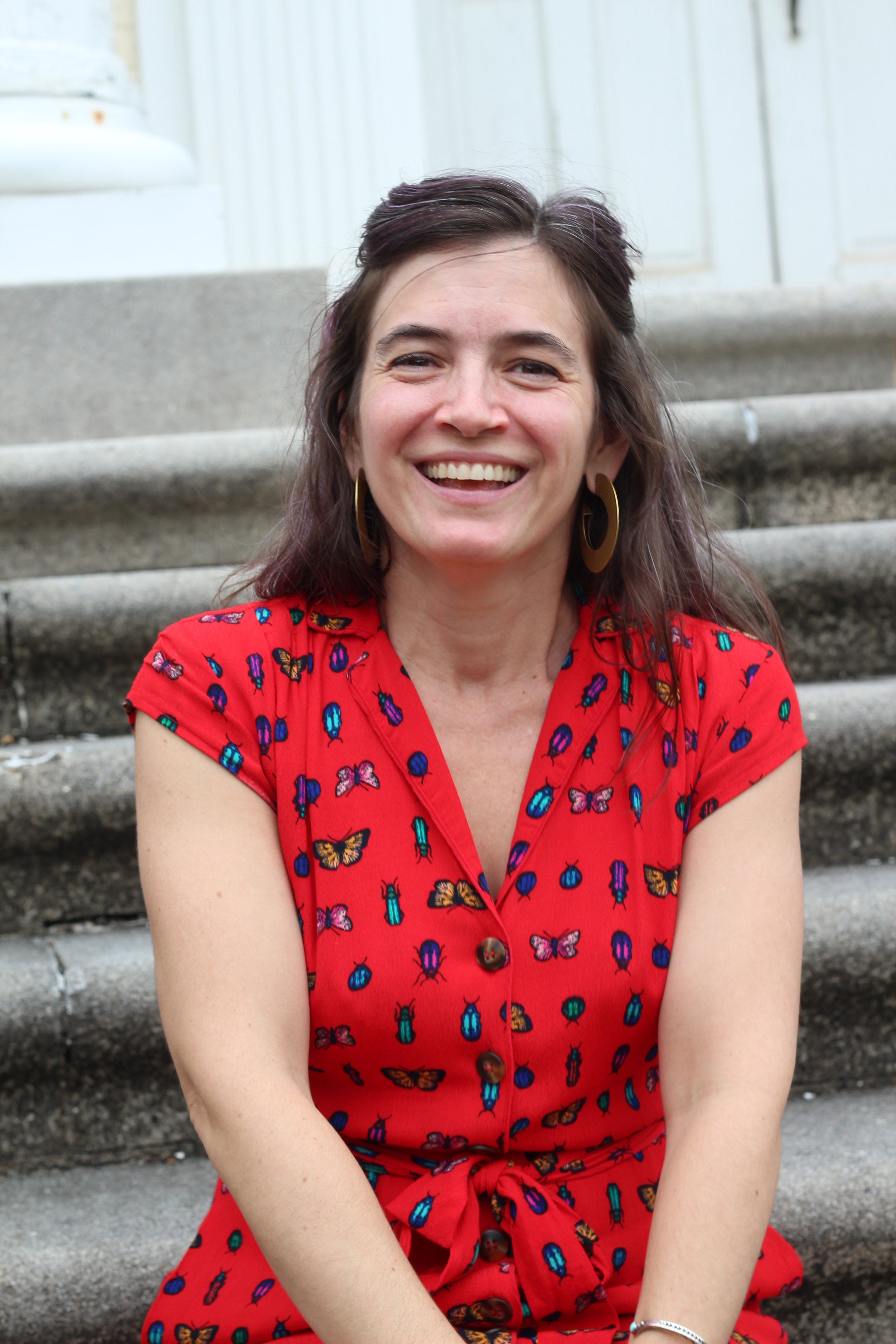Jen Willsea (she/her) is an Atlanta-based and western New York-raised queer mama, garment sewist, quilter, and dreamer of a future beyond white supremacy.
She has been honing her craft of antiracist facilitation for nearly 20 years, apprenticing with elder practitioners before launching her independent practice in 2018. Her awakening to what whiteness has meant for the last 400 years (and in her own life) began as a young activist in San Francisco in the Challenging White Supremacy Workshop (now known as the Anne Braden Program). Since then, racial justice has been Jen’s passion and she has slowly and intentionally built the skills and relationships required to do this work in a deeply embodied and wise way, as a cisgender white woman.
Currently, Jen is engaged with three major projects:
At Liberatory Power Consulting Group, in partnership with Mattice Haynes and other BIPOC partners, Jen supports Black-led, multiracial social justice organizations in Cultivating Embodied Antiracist Organizational Leaders and Culture.
At Decolonize Race, an Indigenous and Black-led multiracial project, Jen works closely with Roan Coughtry to research/write and to convene white peers around questions of our relationships to: dominant movement cultures, colonization, indigeneity, decolonization, spirit, reparations and land rematriation.
At Jen Willsea LLC, Jen works with white individuals as a coach, and with white groups as a facilitator and teacher, to unravel allegiance to whiteness, to co-create white anti-racist culture, and to cultivate strong, reliable, trustworthy white antiracists.
Jen received much of her facilitation training as Senior Associate at the Interaction Institute for Social Change 2008-2017, and through the lead consultant certification process at VISIONS, Inc. 2015-2018.
Jen’s organizing work has included serving as Member of the Board of Directors at Resource Generation 2009-2017, leading a campaign in 2014 that moved $1.4 million in funding to more than 100 Black-led groups organizing for Black liberation across the U.S., and in 2019 acting in a white accomplice role to launch The Black Mecca Project in Atlanta.
Jen’s work is motivated by a love for humanity and the earth, and a belief that white people can and must transform ourselves if we are to end white supremacy and participate in a future that supports all people to thrive.

“The possessive investment in whiteness can’t be rectified by learning ‘how to be more antiracist.’ It requires a radical divestment in the project of whiteness and a redistribution of wealth and resources. It requires abolition, the abolition of the carceral world, the abolition of capitalism.”
Saidiya Hartman
Approach + Philosophy
For me, the point of this work is to end all systems of domination, including white supremacy (my focus). I have come to call my approach to working with myself and other white people Breaking Allegiance to Whiteness. This is a working definition for what Breaking Allegiance to Whiteness means to me, developed in collaboration with my friend and colleague, Roan Coughtry:
01
An ongoing and lifelong process of change--affective, behavioral, cognitive, somatic and spiritual--for individuals and communities that have benefited materially from whiteness.
02
Supporting and removing obstacles to the success of Black, Indigenous, and People of Color’s movements for liberation and sovereignty. Including and especially land rematriation, reparations and abolition.
03
Intergenerational, accounting for the violence of white supremacy and European colonialism (seven) generations before us, reconnecting to our lineages before whiteness, and creating the conditions for a future (seven) generations from now in which whiteness is nothing more than a cautionary tale from the past.
04
Descended by blood from 13 generations of English, Scottish, French, Dutch, Russian, German settler colonists and capitalists who built wealth on stolen land and benefited financially from the eras of Indian removal, racial terror (Jim Crow), anti-union laws and more in the U.S., I am clear that I am on this earth to do my small part to stop the toxic teachings of white supremacy from moving through me to future generations.
Acknowledgements
-
There are many relationships that have shaped and continue to influence me and my work.
First, I bow to the ancestors. To the Black Southern women who have led antiracism work and fought for freedom on these lands and beyond for the last 400 years. To the Indigenous people who didn’t survive European colonization and to those who did, who have cared for these lands for thousands of years, who have been fighting for sovereignty for the last 400 years. To all the people of color who have made a life on these lands despite the violence of white supremacy and especially those who have led movements for social justice. To the white abolitionists and freedom fighters who chose life, and broke allegiance to white supremacy; thank you for laying a path before us. I am grateful too, to the blood ancestors in my line whose curiosity about the world both earthly and spiritual I have inherited.
Next, I thank the Black and Indigenous people, and the people of color who have encouraged me to pursue antiracism work, who have generously welcomed me to be in learning community with them, who have trusted me in creative and business partnerships. I thank the many many teachers, BIPOC and white, whose wisdom I draw from, and who I hope to honor with my work. Some of these are teachers whose feet I have sat near, and gotten individual training and coaching from. Some of them are teachers whom I know only through their writing or from a distance. Some are elders, some are peers.
Some of these people who I have worked closely with over the last decade who I want to thank in particular are: Mattice Haynes, Melinda Weekes-Laidlow, Ámate Perez, Morgan Darby, Valerie Batts, Gene Washington, Rick Pinderhughes, Anneliese Singh, Cynthia Silva Parker, Gibrán Rivera, Manaav Thakore, Chad Jones, Taij Kumaree-Moteelel, Andrea Nagel, Terry Berman, Joan Schoenhals, Roan Coughtry, Willa Conway, E.R. Anderson.
Some of the teachers I have studied with over the last 20 years and whose teachings inform my work include: Sharon Martinas, The Peoples’ Institute for Survival and Beyond, Tada Hozumi, Dare Sohei, Norma Wong, Sharon Blackie, Valerie Batts and VISIONS Inc., Resmaa Menakem, Bayo Akomolafe, Prentis Hemphill.
My comrades at Liberatory Power Consulting Group and Decolonize Race are incredible people to be working and learning alongside. Y’all are beyond the best!
And finally, I am grateful for the support of my home and family—Mick, Frances, and baby-about-to-arrive—who are also profound teachers.
-
As a white person who pays my bills with income from antiracist facilitation work, it feels important to share a little bit of the financial principles that I am committed to:
When I partner with BIPOC colleagues, I commit to taking home no more money (and usually less) than they do.
When I host gatherings for white people, I commit to leveraging these events as fundraisers for radical BIPOC-led work (especially Black and Indigenous projects in the U.S. Southeast), and to cover the costs of my labor and expenses.
I sometimes offer my facilitation services for free or at reduced rates, at the request of BIPOC individuals or groups. I do not offer my services for free to white people.
I commit, along with my partner as a family, to making financial contributions of at least 10% of our income each year. In our giving, we prioritize groups in the South that are led by and for BIPOC, as well as groups that are led by and for transgender people.
I often get asked how I came to be doing this work the way I do it now. My path has been emergent, and I did not start charging for my work with white people specifically until I’d already been doing multiracial antiracism work in partnership with BIPOC colleagues for over 10 years. I share this in particular for white people who are newer to this work. In my experience, the humility this work requires of white people is great; it also requires a big investment of time, money, and practice in accountable relationships to elder practitioners for years before one is ready to do antiracist facilitation with minimal harm and maximum impact. If you are someone starting out on your path, keep going! And find wonderful people to do it in relationship or partnership with. I still make mistakes and am figuring this out as I go. There isn’t anyone doing it perfectly, and I know my thoughts and practices will be different 10 years from now, as they should continue to evolve.

